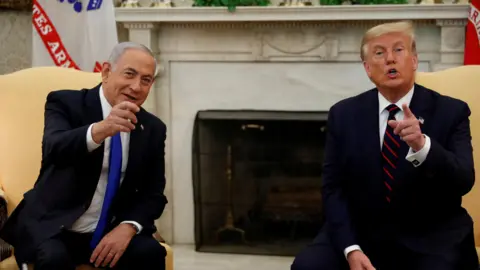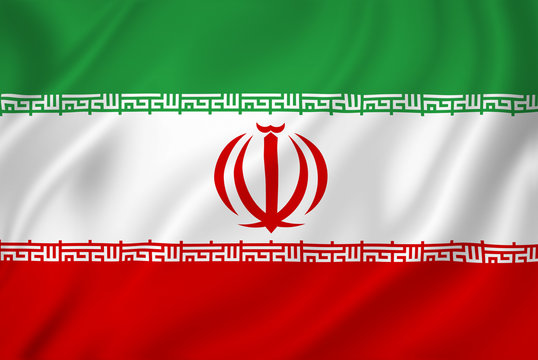June 16, 2025 – Gulf Region
As the conflict between Israel and Iran intensifies, global attention is turning once again to the Strait of Hormuz—a critical maritime chokepoint for global oil shipments.
While Iran has never fully closed the strait, it has repeatedly threatened to do so during periods of heightened geopolitical tension, including during past standoffs with the United States and regional adversaries. The latest flare-up, marked by missile exchanges, drone strikes, and increasing international involvement, has raised fresh concerns over the security of the vital corridor.
The Strait of Hormuz is responsible for the passage of approximately 20% of the world’s traded oil and a significant portion of global liquefied natural gas (LNG). Any disruption could have global economic implications, particularly in energy markets already jittery from the ongoing conflict.
Military analysts warn that any attempt to block the strait could prompt a military response from the U.S. and allied navies stationed in the Persian Gulf. Meanwhile, oil prices surged early Monday as traders priced in potential risks to supply chains.
Diplomatic efforts are underway behind the scenes, with calls for de-escalation from the UN, EU, and several Arab nations. However, regional observers warn that as long as hostilities continue between Tehran and Tel Aviv, the threat to the Strait of Hormuz—and global energy security—remains real.







